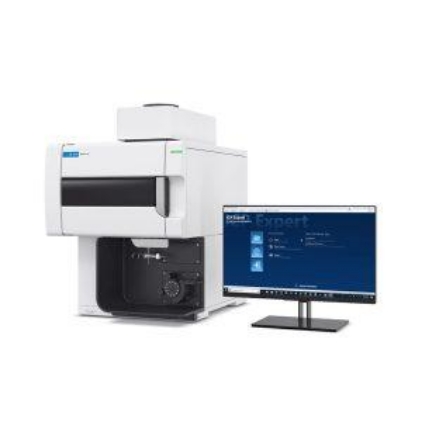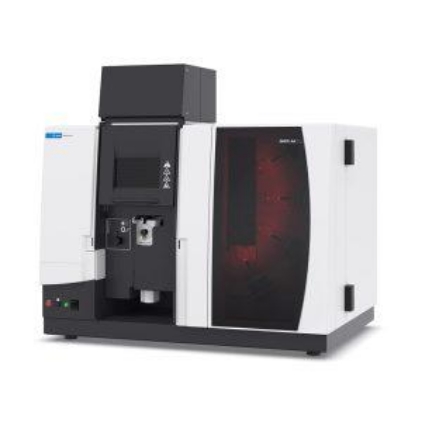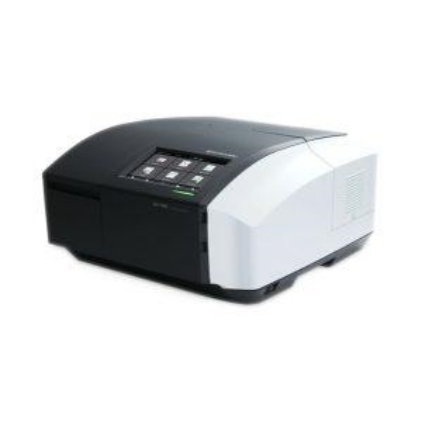
What is Seed Analysis?
Seed analysis is a vital process that evaluates the quality, purity, and viability of seeds through assessing parameters like germination rate, purity level, moisture content, genetic purity, and the presence of contaminants or diseases. It’s integral for ensuring the integrity and performance of seeds, ultimately leading to successful crop establishment and enhanced agricultural productivity.
By scrutinising these factors, seed analysis aids in selecting high-quality seeds with optimal germination rates and genetic traits. Early detection of issues such as low viability or seed-borne diseases enables timely interventions, minimising the risk of crop failure and financial losses. Additionally, seed analysis supports sustainable agriculture by promoting the use of high-quality seeds, which contribute to resource efficiency and improved crop yields.
Tools
Seed Moisture Meter
Seed Germination Testing Equipment
Digital Caliper
Seed Counter
Sample submission form

Advantages of Seed Analysis
- Ensures that seeds meet specified quality standards for germination, purity, and genetic integrity.
- Provides valuable information for selecting high-quality seeds with optimal germination rates and genetic traits.
- Helps identify seed-related problems before planting, allowing for timely interventions.
- Ensures uniform and vigorous crop establishment.
- Minimises the risk of crop failure and financial losses associated with poor seed quality or contamination.
Precautions to be Taken
- Accurate Sampling: Use representative seed samples and follow standardised sampling protocols to obtain reliable analysis results.
- Proper Testing Methods: Utilise validated testing methods and calibrated equipment to ensure accurate assessment of seed quality parameters.
- Storage Conditions: Store seed samples under appropriate conditions to maintain seed viability and prevent deterioration during analysis.
- Quality Control: Implement quality control measures to monitor analysis procedures and ensure consistent and reliable results.
- Expert Interpretation: Seek expert interpretation of analysis results to make informed decisions about seed selection, treatment, and storage.
A Visual Guide to Sample Testing
Why is Seed Analysis Important?

- Ensures Seed Quality: Seed analysis verifies the quality, purity, and viability of seeds, ensuring successful crop establishment.
- Facilitates Informed Decisions: Provides valuable information for seed selection, treatment, and storage, optimising crop performance and yield.
- Prevents Crop Failure: Early detection of seed-related issues helps mitigate risks of crop failure and financial losses.
- Promotes Sustainable Agriculture: By ensuring the use of high-quality seeds, seed analysis supports sustainable farming practices and resource efficiency.
- Enhances Crop Productivity: Maximises crop yields and quality by ensuring uniform and vigorous crop establishment through the selection of superior seeds.
- Minimises Contamination Risks: Identifies and mitigates risks associated with seed-borne diseases, pests, or contaminants, safeguarding crop health and yield potential.
- Improves Genetic Integrity: Evaluates the genetic purity of seeds, ensuring that crops maintain desired traits and characteristics.
- Optimises Seed Treatments: Guides the application of seed treatments or enhancements to improve seed vigour, disease resistance, and overall performance.
- Supports Regulatory Compliance: Helps meet regulatory standards for seed quality and purity, ensuring compliance with industry regulations and standards.
- Reduces Financial Risks: Investing in high-quality seeds based on analysis results reduces the risk of crop failures and financial losses, enhancing the economic viability of farming operations.
Laboratory Equipment

ICP-OES

AAS


